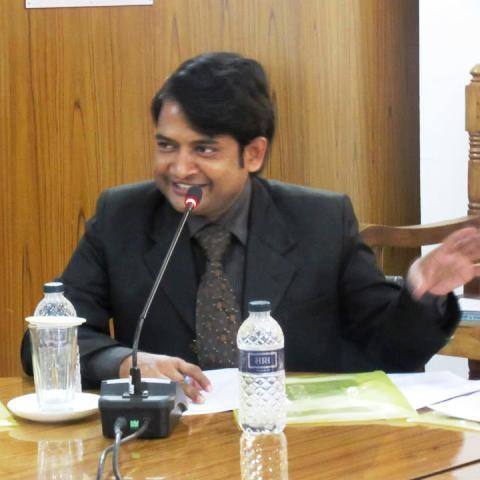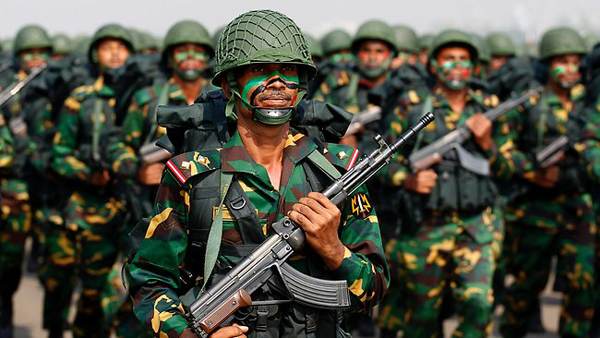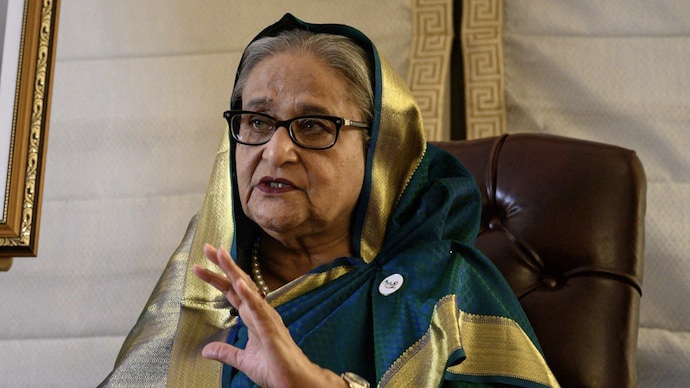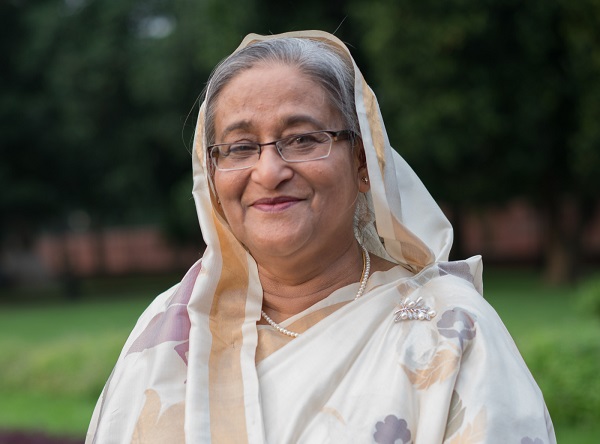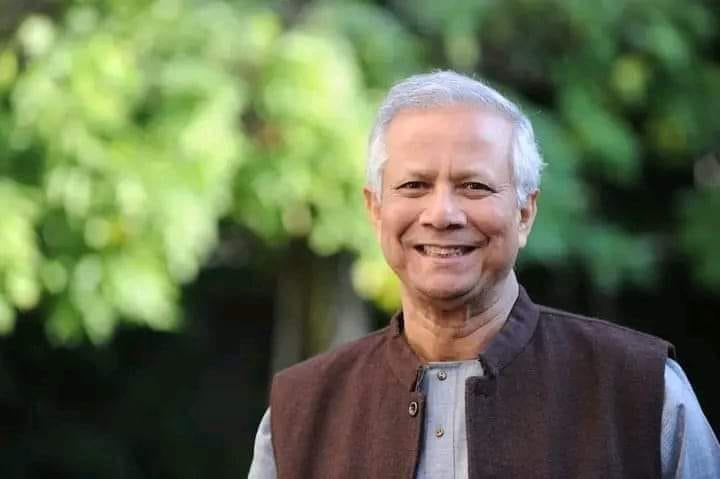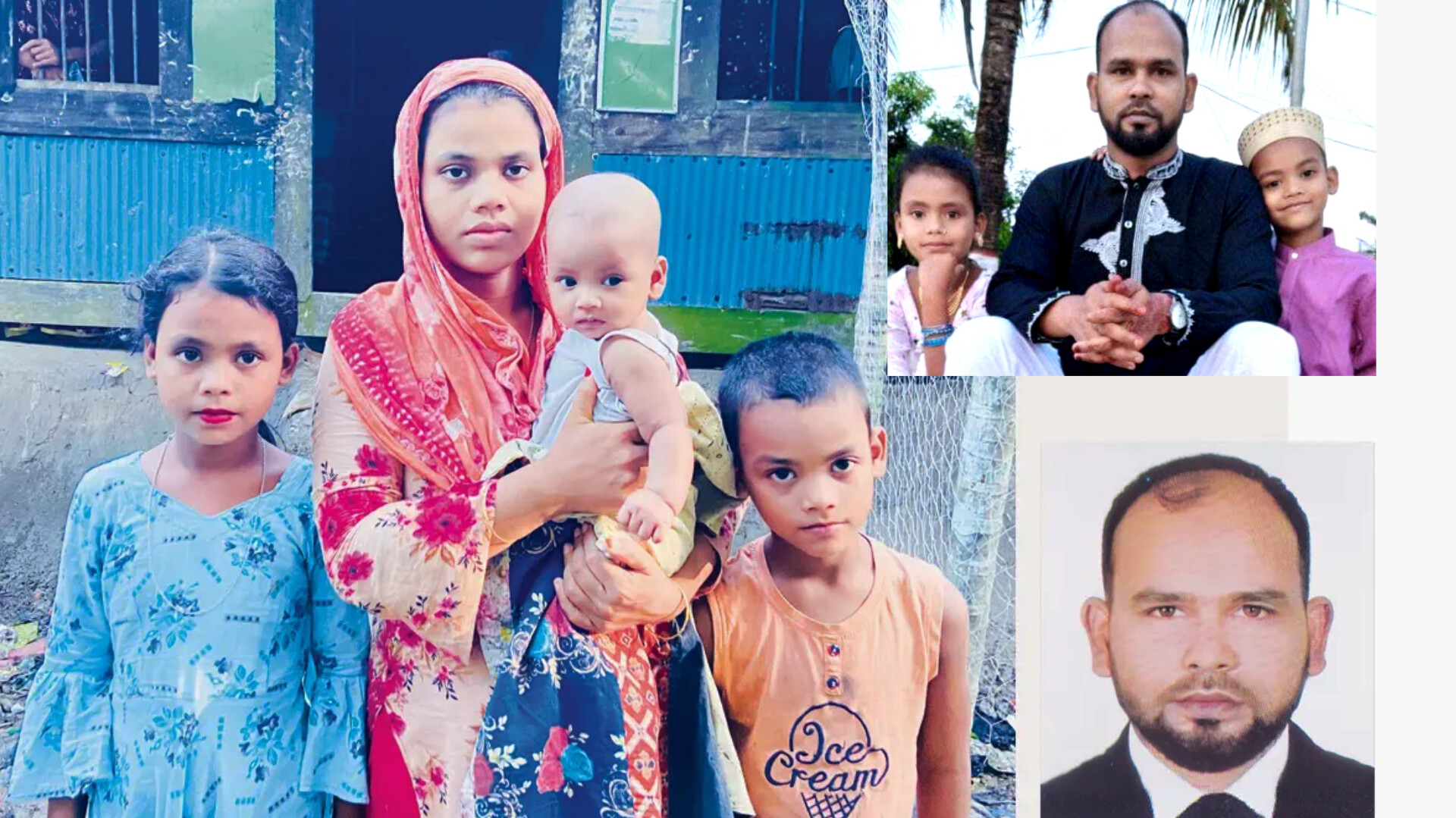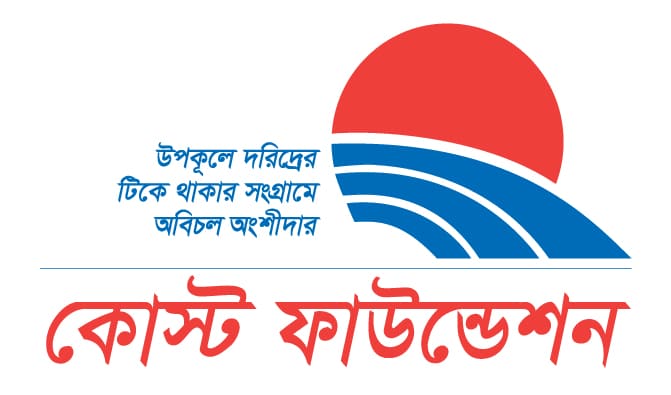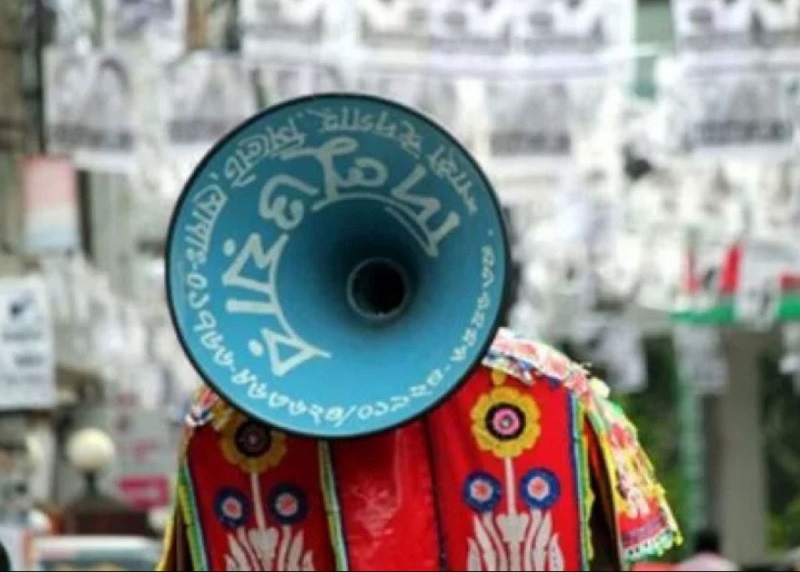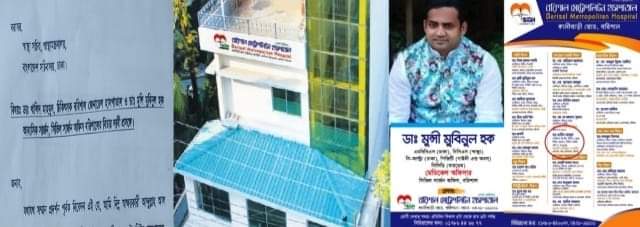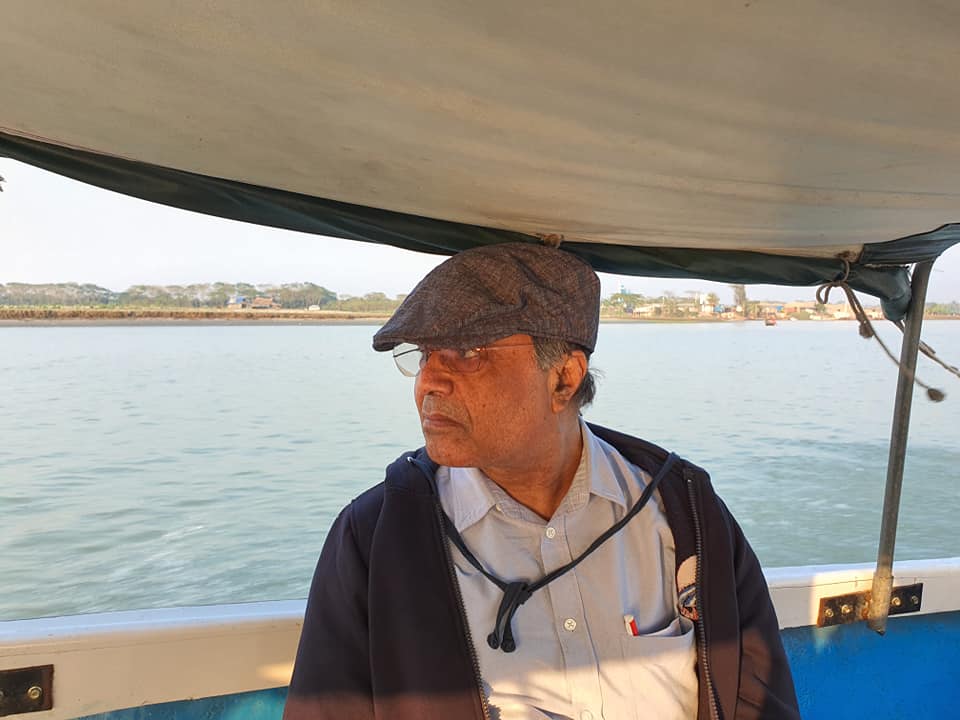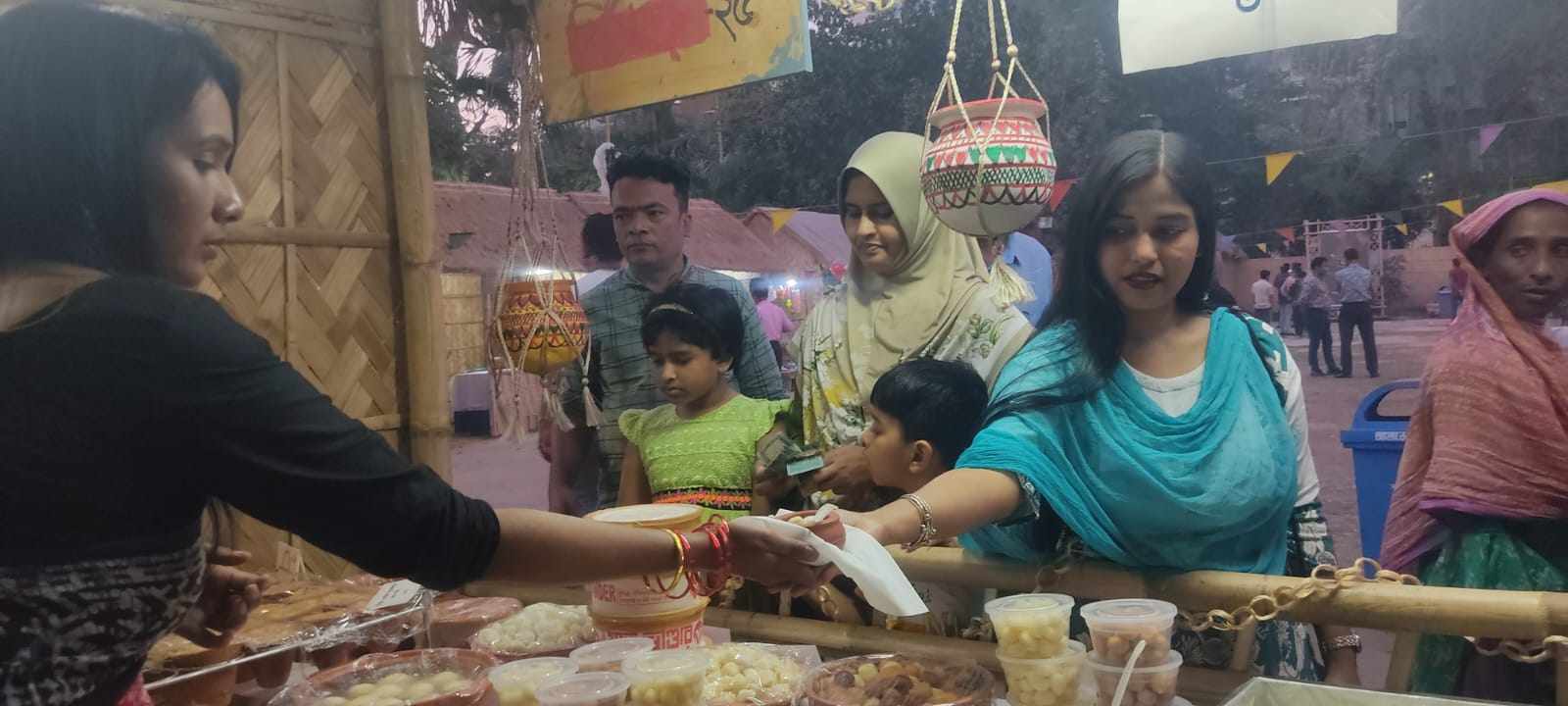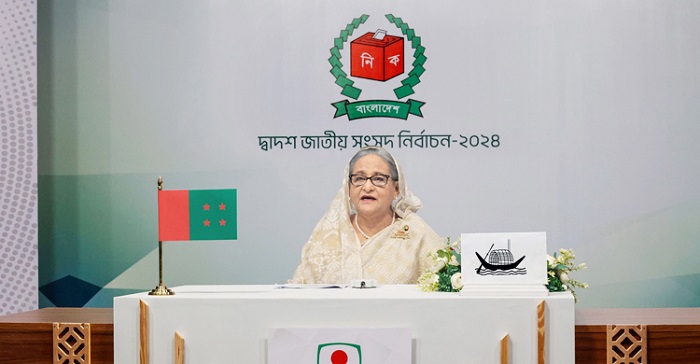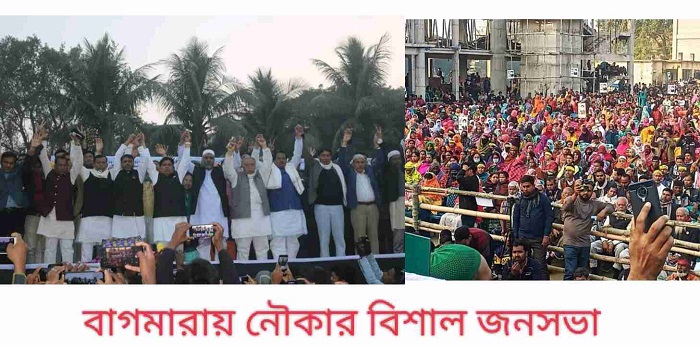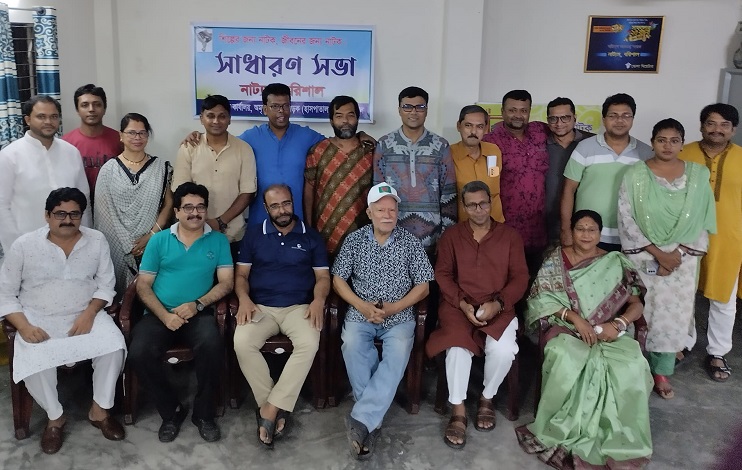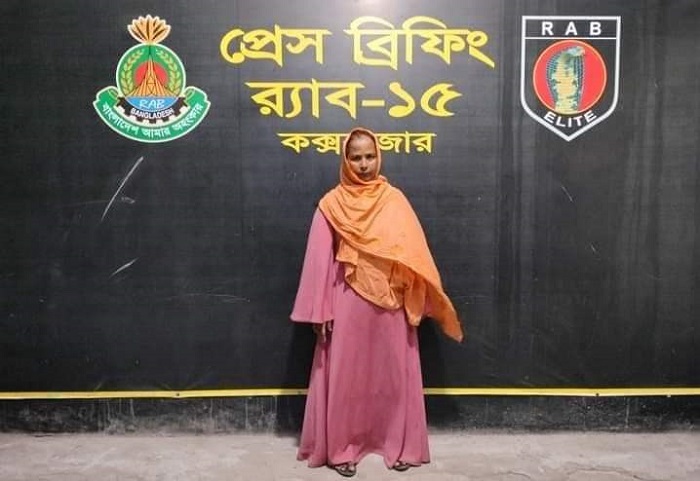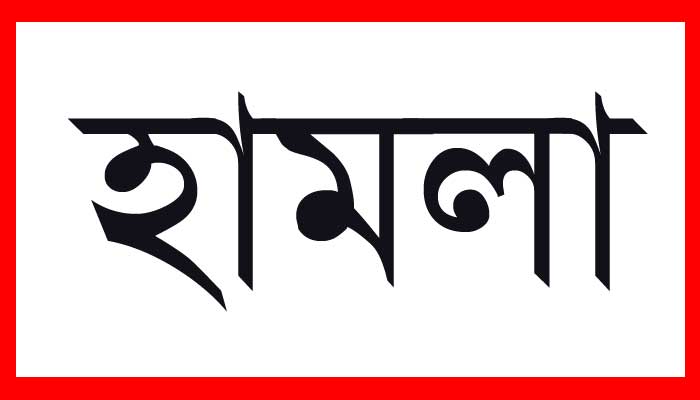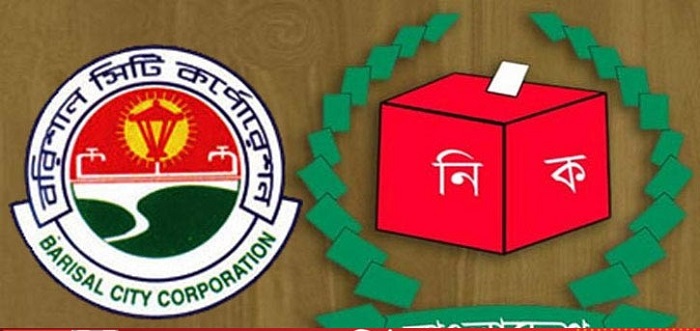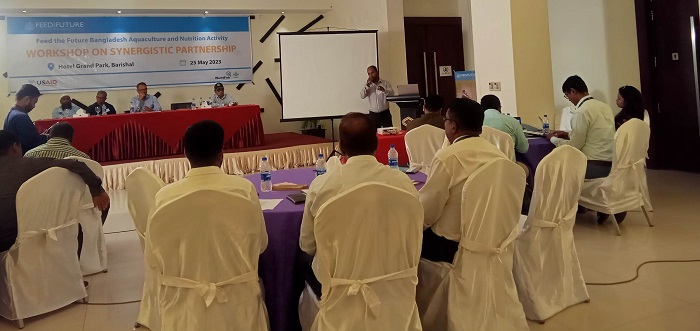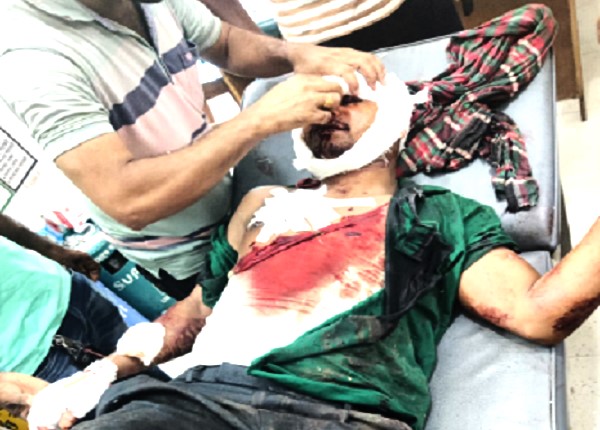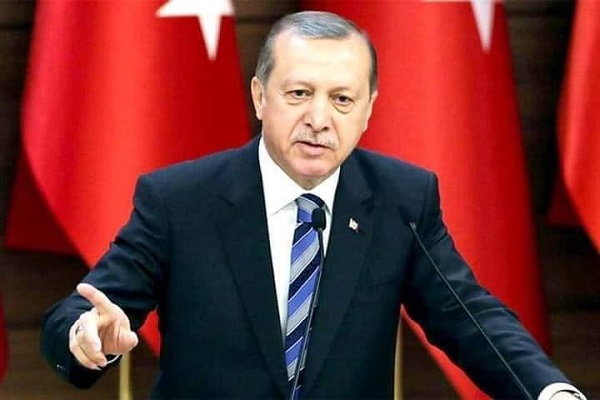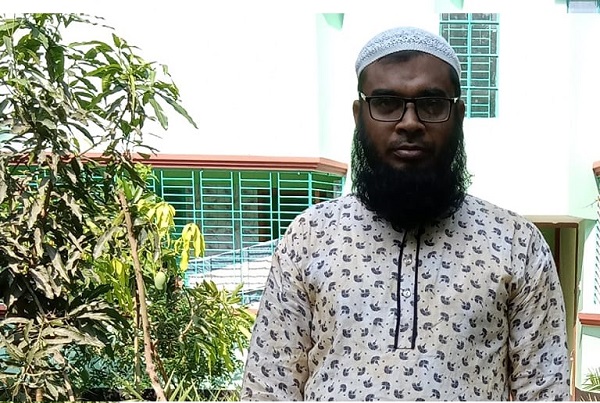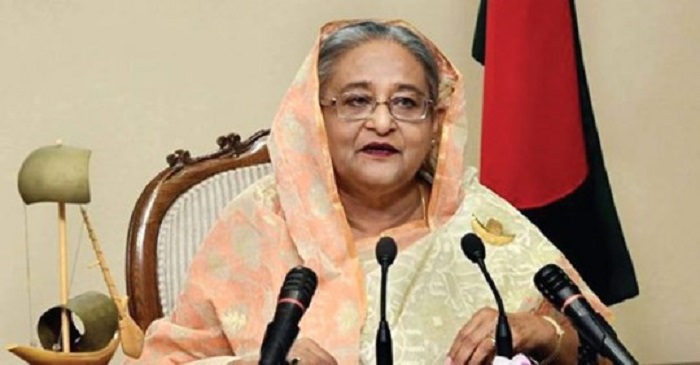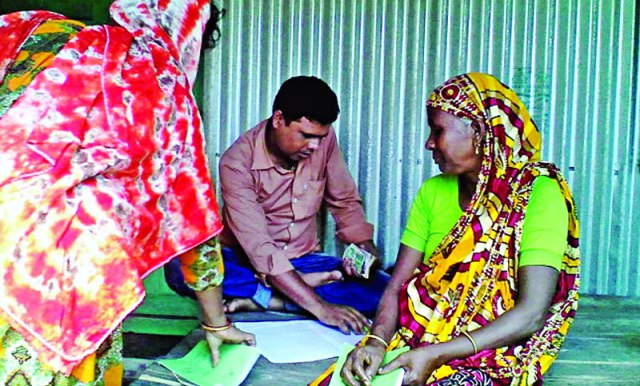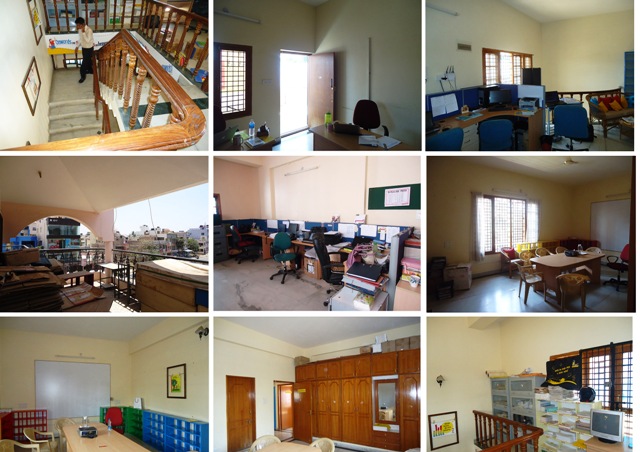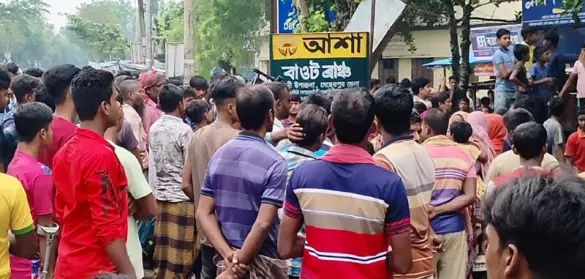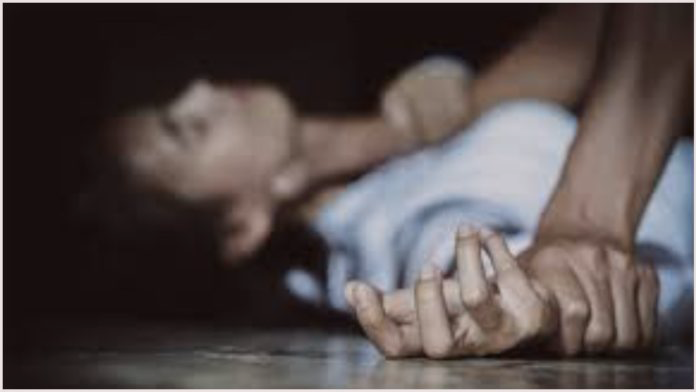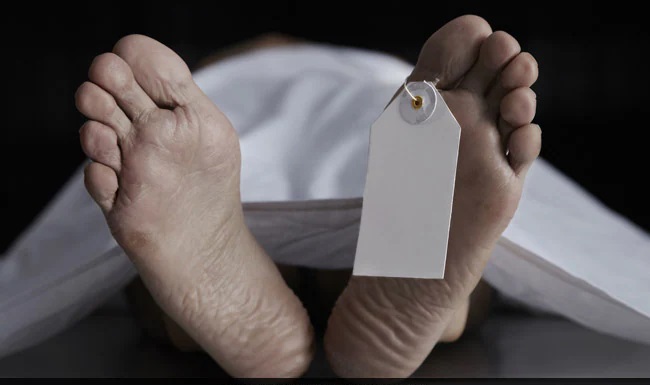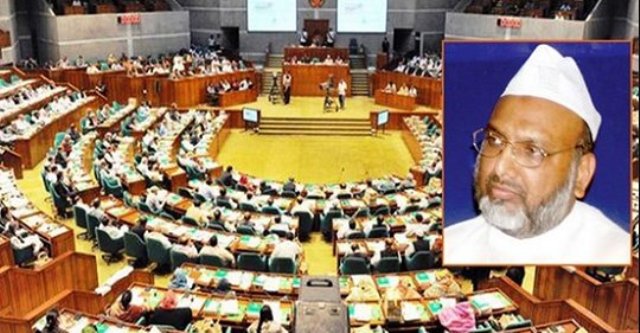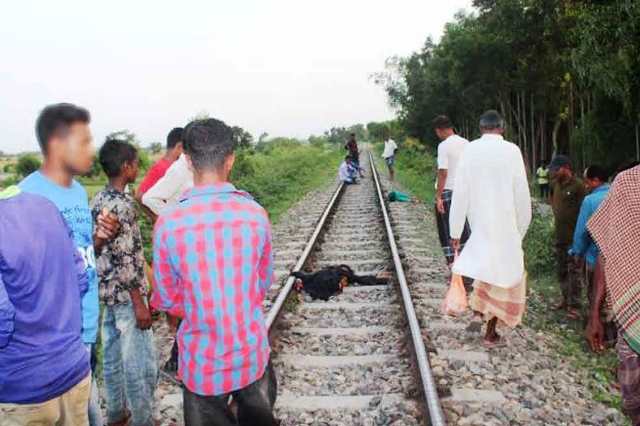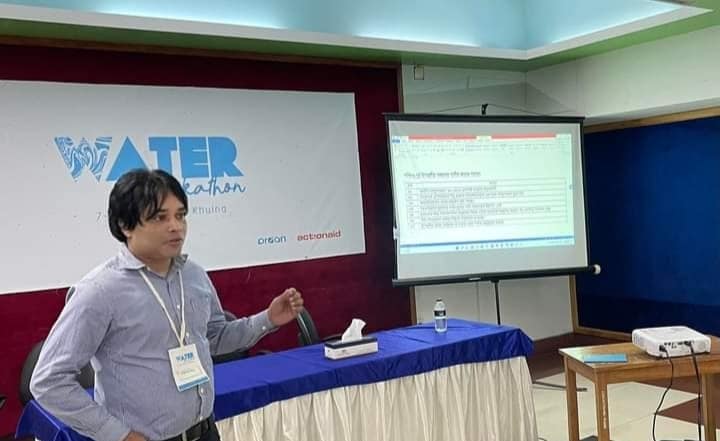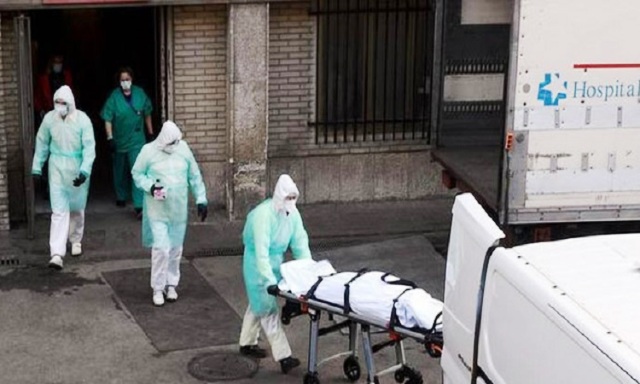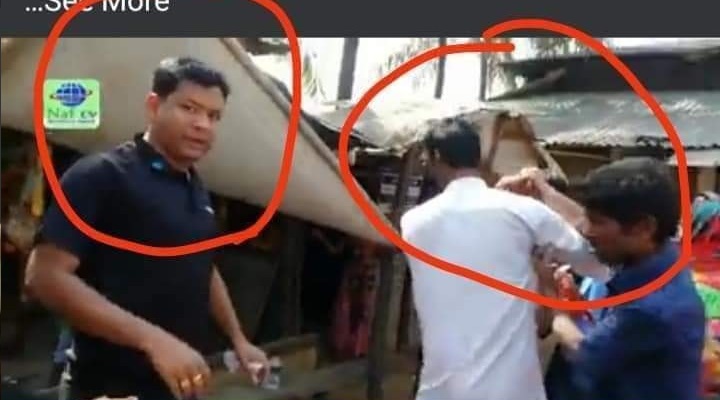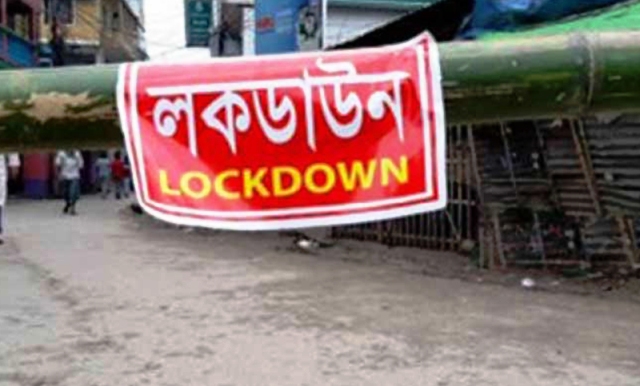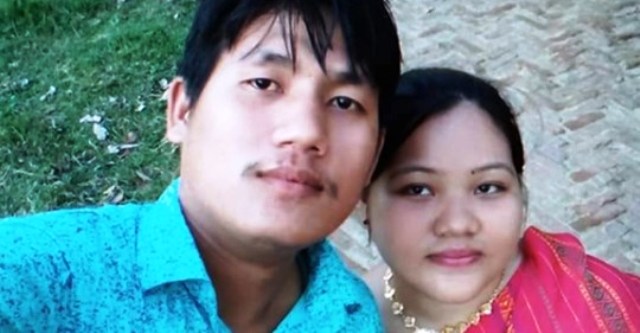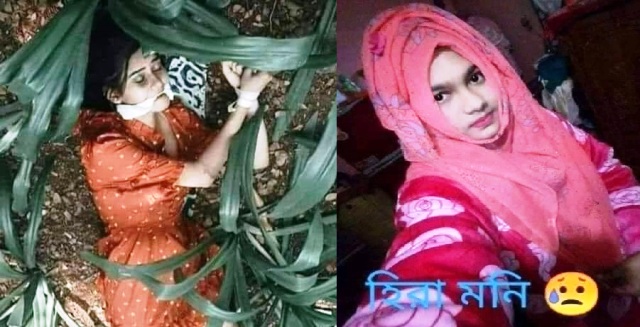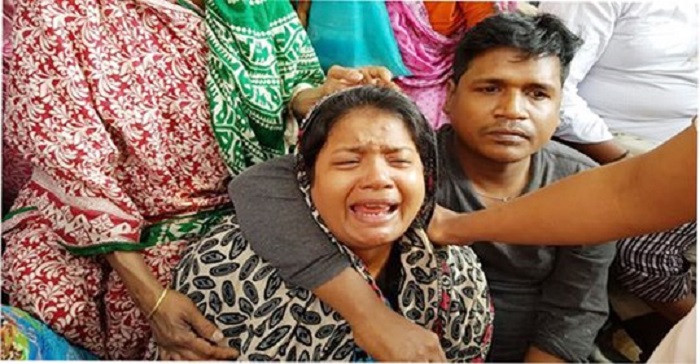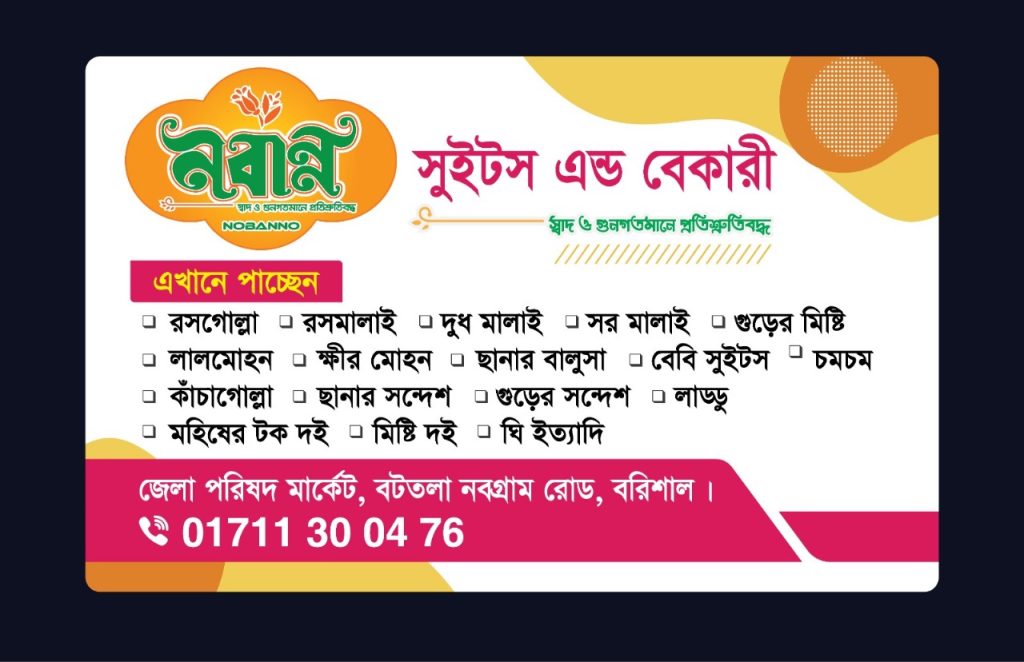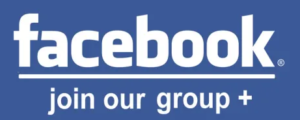বাংলাদেশে রহিঙ্গা প্রসঙ্গ
ইউএনএইচসিআর বাংলাদেশ আপডেট – রোহিঙ্গা শরণার্থী সংকট – জানুয়ারী ২০২১
ফেব্রুয়ারি ২২ ২০২১, ২২:২৮
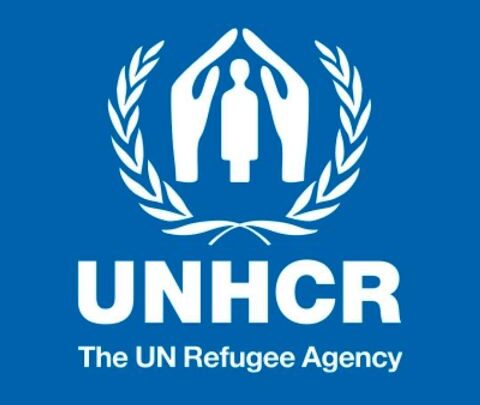
UNHCR Bangladesh Update – Rohingya Refugee Crisis – January 2021
Fire Incident in Nayapara Registered Refugee Camp:
On 14 January, a devastating fire broke out in Nayapara Registered Refugee Camp in Teknaf, Cox’s Bazar. Over 3,400 persons lost their homes and belongings, as the fire gutted 600 shelters,150 shops and an NGO facility. With the Government, UNHCR, WFP and partners coordinated the emergency response. The emergency response report is available here.
Relocation to Bhasan Char:
The Government of Bangladesh continued its relocation process of Rohingya refugees from the settlements in Cox’s Bazar to Bhasan Char, with reports referring to some 7,000 refugees in total have now been relocated. The UN has continued to highlight its request to be able to undertake protection and technical assessments and is awaiting permission to be able to proceed.
Appointment of Goodwill Ambassador in Bangladesh:
On 2 January 2021, UNHCR announced the appointment of Tahsan Khan, a popular Bangladeshi musician and actor, as its first Goodwill Ambassador in Bangladesh. Khan has been supporting UNHCR’s advocacy and outreach activities since 2019. He visited the Rohingya refugee settlements in Cox’s Bazar and supported UNHCR in the promotion of World Refugee Day and other events. UNHCR engages prominent individuals globally to highlight the situation of refugees and UNHCR’s work.
COVID-19 Response:
Since the first COVID-19 case was detected in May 2019, the total number of confirmed cases in the Cox’s Bazar refugee settlements has reached 377, including 10 deaths. UNHCR continues to manage two COVID-19 treatment facilities and is supporting the running of an Intensive Care Unit ward in the main District Hospital. These facilities serve both refugee and host communities. COVID-19 preventative sanitation work and hygiene promotion continues in the camps. In January, UNHCR, its partners and refugee volunteers, among other activities, achieved the following:
- 5,644 handwashing tippy taps were installed at household level.
- 473,731 household visits were conducted by Community Health Workers to provide health education on COVID-19.
- Hygiene promoters reached 317,654 refugees with messaging on hygiene and health guidelines through household visits and media campaigns.
- Community Outreach Members conducting training for Imams and female religious teachers, and in turn they conducted 6,378 awareness sessions related to COVID-19 reaching 96,105 refugees.
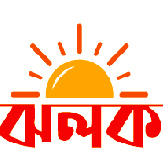
Protection:
GBV risk mitigation through “Girl Shine”
- Assessments indicate that adolescent Rohingya girls’ risk of gender-based violence (GBV) has increased since the onset of the COVID-19 pandemic. In response, UNHCR will newly implement “Girl Shine” in 2021 through its partners BRAC and Relief International.
- As a first step to implementing the new programme, a training-of-trainers took place where 21 participants learned about the programme’s tools and core concepts. These staff members will facilitate the programme for the first cohort of girls in the camps after tool adaptation is complete.
- The programme model, originated by the International Rescue Committee, works with adolescent girls and their caregivers, building the girls’ life skills, social networks, and knowledge about GBV, enabling them to better protect themselves and their peers.
Environment:

Preparations for increased elephant activity in camp areas:
- During the winter, elephant activity increases in the camps and host community areas. This is due to rice and vegetable cultivation during these months, which attracts elephants.
- In January 2021, Elephant Response Teams (ERT) have reported 15 elephant sightings (higher than in January 2020) in camps or nearby areas.
- UNHCR and its partner International Union for Conservation of Nature (IUCN) have stepped up ERT patrols in the high-risk areas. These teams of refugee and host community volunteers are trained to manage incidents of human-elephant contact, manage crowds, and are provided with necessary tools to control situations.প্রথমবারের মতো একজন রহিঙ্গার শরীরে করোনা সানাক্ত
Site Management:
Capacity Sharing Initiative assessment and 2021 rollout
- The preliminary findings from the Capacity Sharing Initiative (CSI) assessment conducted in December, has shown that 97% of participants agreed or strongly agreed that training conducted in 2019/2020 was useful.
- The CSI is a multi-sectoral and multi-disciplinary training, capacity sharing and skills transfer platform that prepares and reinforces the Government of Bangladesh’s national site management staff.
- 2021 training-of-trainers began in January, facilitated by UNHCR, IOM and the Inter-Sector Coordination Group (ISCG), and will be rolled out across all refugee camps in Cox’s Bazar. The first topic is Information Management, and other topics will take place throughout the year.
- https://www.youtube.com/channel/UCLt1AwnVh1Q9dsTTZynOtNw
- সূত্র :
UNHCR Bangladesh









